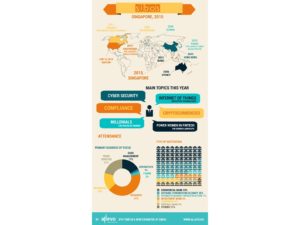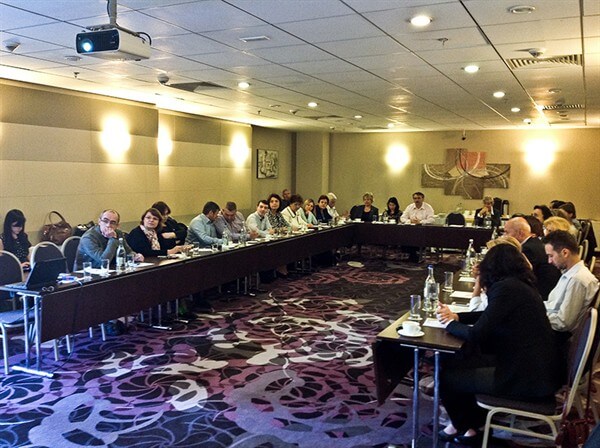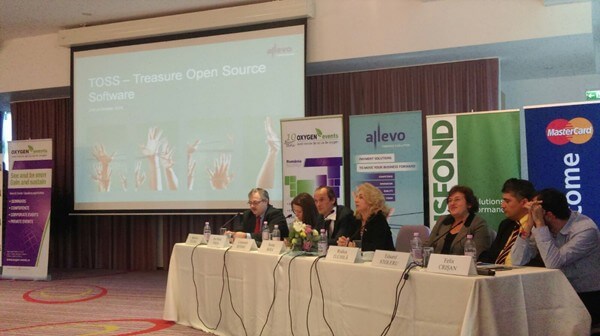In today’s world, technology is developing at an unprecedented rate. The latest innovative products or services adopted by the market today is tomorrow’s antique. As a result of this rapid development of technology, we often take things for granted.
But not always in history, the adoption speed of the news technologies by mankind being it happened to this high level. In respect to this, I’ll mention only two exceptional examples.
One of these is the wheel, invented at a relatively late point of human history, the oldest known being dates around 7000 years ago (from Mesopotamia. Looking around, we see wheels everywhere, be it as tires, or all the machinery that surrounding us every day. The wheel is pervasive in our lives not only materially, but also spiritually, being impregnated with many symbolic meanings, perhaps the most famous being a metaphor for the never ending cycle of life.
Even though this is something that holds fundamental impact on the development of human society, it was adopted by the inhabitants of America or Australia, late, very late, after the arrival of Europeans on those lands, The Olmec, and other Mesoamerican societies, world pioneers in mathematics and astronomy, but they did not use the wheel. Amazingly enough, they invented the wheel but did not use it for any purpose other than children’s toys.
A known fact by now, ignorance in adoption and the use of the wheel by some societies has had a dramatic effect on their evolution when they came into contact with those who adopted and used this device.
The second example refers to Gutenberg’s invention. In 1445, Johannes Gutenberg unveiled an innovation with profound consequences for subsequent economic history: a printing press based on movable type. Until then, books either had to be hand-copied by scribes, a very slow and laborious process, or they were block-printed specific pieces of wood cut for printing each page. Books were few and far between, and very expensive. After Gutenberg’s invention, things began to change. Books were printed and became more rapidly available. Without this innovation, mass literacy and education would have been impossible.
In Western Europe, the importance of the printing press was quickly recognized. Unfortunately, not everyone saw printing as a desirable innovation. As early as 1485 the Ottoman sultan Bayezid II issued an edict that Muslims were expressly forbidden from printing in Arabic. This rule was further reinforced by sultan Selim I in 1515. Only just in 1727, after 282 years from Gutenberg’s invention, the first printing press was allowed in the Ottoman lands, when sultan Ahmed III gives the permission to set up a press. Even this late permission was with restrains. In Egypt, on the other hand, the first printing press was set up only in 1798 (after 353 years), by Frenchmen who were part of the failed attempt by Napoleon Bonaparte to capture the country.
This opposition to the printing press had the obvious consequences for literacy, education, and economic success. For example, around 1800, probably only 2 to 3 percent of Ottoman Empire citizens were literate, compared with 60 percent of adult males and, 40 percent of adult females in England. In the Netherlands and Germany, literacy rates were even higher.
Probably, major consequence of the failure in adopting and using printing press at the right moment it was the loss of Ottoman Empire competition with Western countries and, consequently its collapse after some time.
From both stories it can be noted that a lack of creative ability and slowness in adopting new innovations can have profound consequences on the evolution of entire civilizations, countries, or human smaller organizations, like companies.
Sometimes creativity and agility in adoption of the new technological developments can make the difference between “to be or not be”.
Author: Nicu Stirbat






































